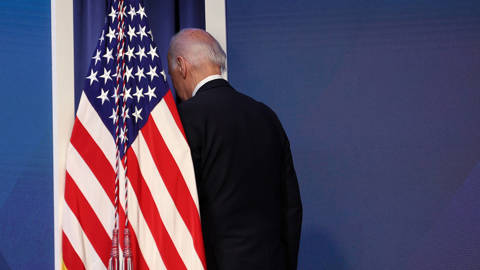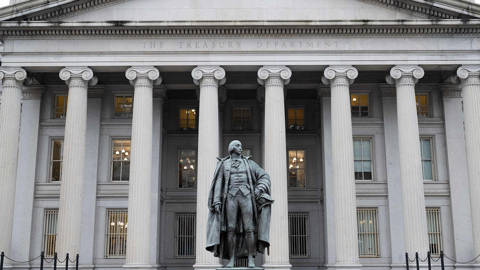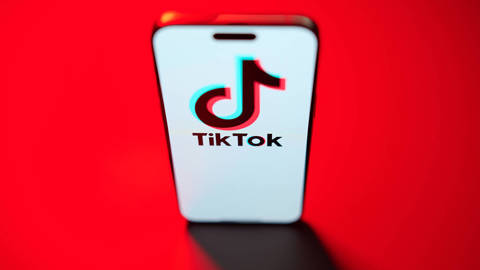Don’t Buy Bezosware
Your comment reads more like something we used to hear during the Bill Gates, or worse, Steve Ballmer years, when Microsoft's strategy was to spread fear, uncertainty, and doubt (FUD) about open source software (Ballmer infamously dubbed it “a cancer” on competition in 2001).
Today, however, Microsoft is a successful turncoat, waxing lyrical about open source and open sourcing almost everything except its main cash cows. In 2016, Microsoft made its reversal complete by joining the Linux Foundation, and earlier this year, company president Brad Smith conceded that the software giant was “on the wrong side of history when open source exploded at the beginning of the century.”
As an open-source advocate from the early days of Linux, seeing a tech giant jump the barricade was a bizarre sight. Yet I understand their logic, and actually welcome the volte-face. By acknowledging that open source creates value, they managed to inject a dose of wider relevance into the technology without jeopardizing their core business.
Open source software has become much more than just programming languages or the building blocks of the internet. There are projects – ours and many others – that are successfully competing with top-market proprietary software because they represent a better way of working AND because the software is as good or better than the closed-source alternatives.
Moreover, our clients and partners fully understand what they are buying into. Even Microsoft gets it, and I have yet to encounter any serious client who'd be afraid of open source.
At Sourcefabric, our goal has long been to help the beleaguered media industry dig itself out of an ever-deepening technological hole and rebase on solid tools that are cheaper and more sustainable than black-box alternatives. We have been making our software with similar aims to what Elon Musk had with the Roadster – to radically upset the market with technology that blows the competition out of the water in terms of performance.
Much to Steve Ballmer’s dismay, we’re succeeding. Today, Superdesk – the open source CMS we launched in 2014 – and its siblings provide news to more than 100 million people every day, and at a fraction of the cost of commercial competitors. That wouldn't have been possible without the pooling of the creative energies of all the participating newsrooms.









